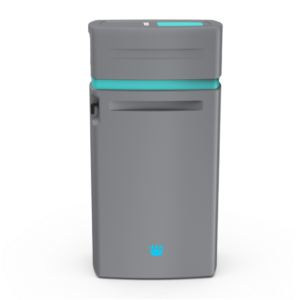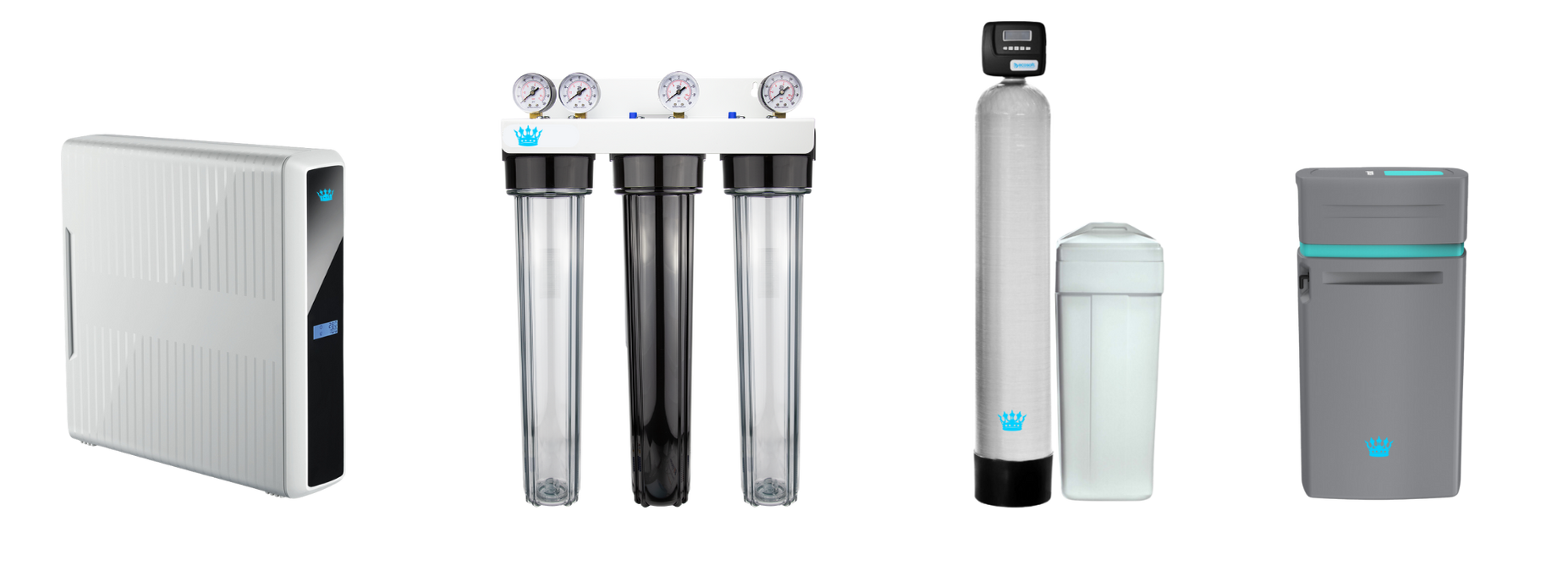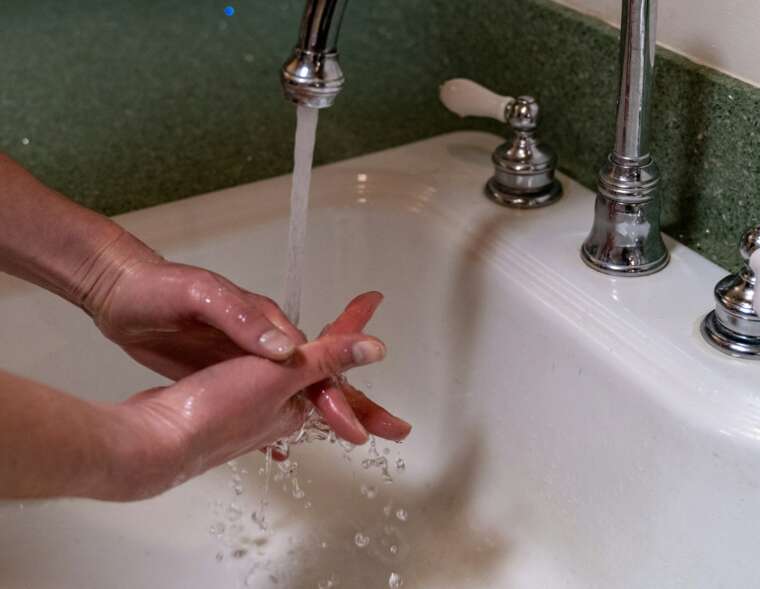Water is essential to our everyday lives, but many water supplies contain contaminants that can affect both its safety and quality. Whether you’re using water for drinking, cooking, or operating business equipment, understanding the common contaminants in your water and how to remove them is crucial for ensuring clean, safe water. In this post, we’ll explore some of the most common water contaminants and the best water treatment solutions for each.
1. Sediment and Particulate Matter
Sediment refers to particles of sand, silt, dirt, and rust that can make their way into your water supply, especially if you rely on well water or if your pipes are old and corroded. These particles can cause cloudiness in your water and, if left unchecked, can clog filters, damage appliances, and reduce water flow.
How to Remove Sediment:
- Pre-Filters: Installing sediment filters is the most effective way to remove particulate matter from your water. Sovereign Water’s CrownGuard filters and Regent filters can capture sediment before it enters your system, ensuring clear water and protecting your appliances from buildup.
2. Chlorine and Chloramines
Chlorine and chloramines are disinfectants commonly used in municipal water treatment to kill bacteria and other pathogens. While effective for sanitation, these chemicals can affect the taste and odor of your water and, in some cases, cause irritation to skin and eyes.
How to Remove Chlorine and Chloramines:
- Carbon Filters: Activated carbon filtration is the most effective way to remove chlorine and chloramines from your water supply. Carbon filters can absorb these chemicals, ensuring better-tasting, chemical-free water. Sovereign Water offers a range of carbon filters that can be easily installed in both residential and commercial systems.
3. Hard Water Minerals (Calcium and Magnesium)
Hard water is caused by high levels of calcium and magnesium in your water supply. While not harmful to health, these minerals can cause scale buildup in pipes, appliances, and water heaters, reducing their efficiency and lifespan. Hard water can also leave spots on dishes and glassware, as well as make laundry feel stiff and scratchy.
How to Remove Hard Water Minerals:
- Water Softeners: The best solution for hard water is a water softener. By using ion-exchange technology, water softeners replace calcium and magnesium ions with sodium or potassium, eliminating hardness from the water. Sovereign’s Regal Softener Range offers high-performance, durable solutions for both residential and commercial applications, ensuring you get soft water for all your needs.
4. Lead and Heavy Metals
Lead is a dangerous contaminant that can enter your water supply through old lead pipes or plumbing fixtures. Exposure to lead is harmful, especially for children and pregnant women, and can lead to serious health problems. In addition to lead, other heavy metals such as mercury, arsenic, and cadmium can also contaminate water sources, posing significant health risks.
How to Remove Lead and Heavy Metals:
- Reverse Osmosis Systems: Reverse osmosis is one of the most effective ways to remove lead and other heavy metals from your water. By forcing water through a semi-permeable membrane, RO systems can filter out contaminants down to a molecular level. Sovereign’s Reverse Osmosis Systems provide comprehensive protection against heavy metals, ensuring safe, clean water for your home or business.
5. Bacteria and Viruses
Bacteria, viruses, and other pathogens can contaminate water supplies, particularly in areas with poor sanitation or during natural disasters. Drinking or using water contaminated with these microorganisms can lead to serious health issues, including gastrointestinal illnesses.
How to Remove Bacteria and Viruses:
- UV Disinfection: Ultra Violet (UV) disinfection is a chemical-free method of killing bacteria, viruses, and other pathogens in your water. Sovereign Water’s SovereignSafe UV Systems use advanced UV technology to ensure microbiologically safe water for both residential and commercial applications. UV systems can be combined with other filtration methods for maximum protection.
6. Pesticides and Volatile Organic Compounds (VOCs)
Pesticides and VOCs from industrial or agricultural runoff can make their way into your water supply. These chemicals can have long-term health effects, and they often go undetected as they don’t affect the taste or appearance of the water.
How to Remove Pesticides and VOCs:
- Carbon Filters and Reverse Osmosis: Activated carbon filters can absorb many pesticides and VOCs, while reverse osmosis can further purify the water. Sovereign Water offers advanced filtration systems to remove these contaminants, ensuring your water is free from harmful chemicals.
Conclusion
Ensuring your water is free from common contaminants is vital for protecting both your health and your equipment. At Sovereign Water, we offer a wide range of filtration, softening, and disinfection systems designed to tackle these issues, providing tailored solutions for every application, from homes to businesses.
Whether you need to remove sediment, chlorine, hard water minerals, or dangerous contaminants like lead and pesticides, we have the right system for you. Reach out to us at [email protected] to discuss your needs, and let our experts help you find the perfect solution.




